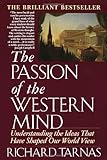What Takes Your Breath Away
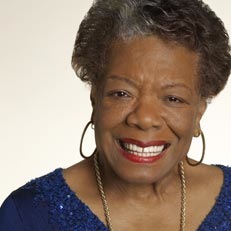
“Life is not measured by the number of breaths we take, but by the moments that take our breath away.”
–Maya Angelou (African-American Poet, Writer and Performer, 1928-)
A Vast Ocean of Energy
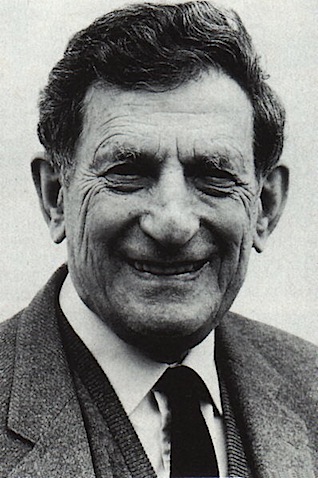
“We inhabit a vast ocean of energy which is outside the reach of our senses and our measuring instruments.”
–David Bohm (American-born Theoretical Physicist and Philosopher, 1917-1992)
Your Inner Potential
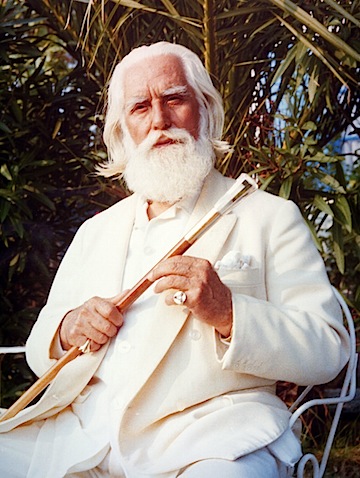
“Strive to be conscious of all the possibilities within you. Even when you think you are completely exhausted and at the end of your tether, you still have tremendous resources which will help you to continue on your path.”
–Omraam Mikhaël Aïvanhov (Bulgarian Spiritual Master, 1900-1986)
Wise Words On The Quest
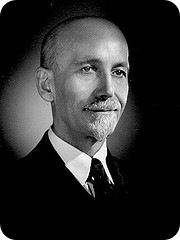
“The teaching that the Quest cannot and should not be separated from life in the world is a sound one.
Therefore, it is part of philosophy and is not some eccentric enterprise to be undertaken by those who wish to escape from the world, or who, being unable to escape, consider themselves as belonging to a class apart from others in their environment – superior to them, different from them, and holier than them.
They also come to consider the Quest as an artificial system of living, devoid of spontaneity and naturalness – something to be labored at by making themselves abnormal and inhuman. One of the consequences of this attitude is that they tend to overlook their everyday responsibilities and thus get into difficulties. Philosophy has consistently opposed this tendency.
Unfortunately, in the reaction from it, there has arisen a fresh confusion in the minds of another group of students who do not understand the beautiful and adequate balance which true philosophy advocates. These students, swayed by such teachers as Krishnamurti, become so enthused by the notion of making spiritual progress through learning from experiences and action alone that they follow Krishnamurti’s advice and throw away prayer, meditation, and moral striving, as well as study under personal teachers. This limits them to a one-sided progress and therefore an unbalanced one.
Total truth can only be got by a total approach; as Light on the Path points out, each of these forms of approach is but one of the steps and all steps are needed to reach the goal.
The whole of his being must be involved in the effort if the whole of truth is to be found. Otherwise the result will be emotional alone, or intellectual alone, or adulterated with egoistic ideas and feelings.”
–Paul Brunton (a.k.a. Raphael Hurst, English Philosopher, Traveler, Spiritual Teacher and Author, 1898-1981)
Understanding Wisdom
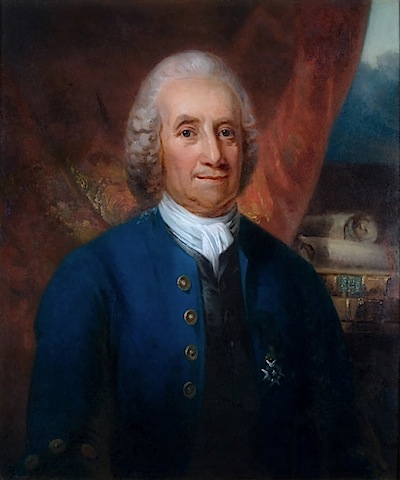
“You have achieved wisdom when you no longer have any concern about understanding what is true and good, but are willing and living it.”
–Emanuel Swedenborg (Swedish Scientist, Mystic and Philosopher, 1688-1772)
Wise Words About Leadership
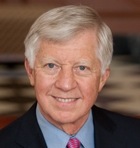
I was recently talking to someone about the difference between managers and leaders. Wherever you find yourself with a group of people who have to get something done, you can usually spot the leaders. They don’t necessarily have lots of stripes on their arms, distinctive epaulettes or shiny nameplates. For more than two centuries it has been known that around 5% of the population has a natural ability to lead. But more importantly others give them the permission to take charge. That 5% also has a number of other interesting characteristics that we shall talk about in other posts.
But there is more to leadership than natural ability.
Here are some wise words from someone who know more than most about successful leadership:
“Is leadership inherent or trainable? Both.
You are born with characteristics that reside deep inside you: drive, an ability to influence and motivate, perseverance. But you have to develop those qualities through actual leadership experiences.
A key quality is adaptability–facing unexpected obstacles, falling short of goals, reading the context, and changing your approach.
Absent that, leaders will continue to repeat mistakes and will not grow and develop. That leads me to the essence of the question “Why is it so hard to lead yourself?”
The answer, in my experience, lies in the differences between your idealized self–how you see yourself and how you want to be seen–and your real self. The key to growing as a leader is to narrow that gap by developing a deep self-awareness that comes from straight feedback and honest exploration of yourself, followed by a concerted effort to make changes.”
–William W. George (American Professor of Management Practice at Harvard Business School and Former CEO of Medtronic, Inc., 1942-) [Quoted in Fast Company, April 2007]
The Oneness of the Universe
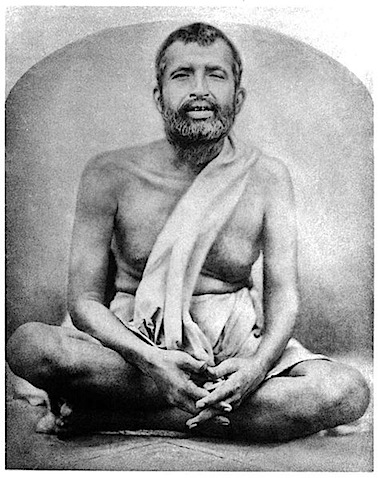
“Whatever we see or think about is the manifestation of the Mother, of the Primordial Energy, the Primal Consciousness. Creation, preservation, and destruction, living beings and the universe, and further, meditation and the meditator, bhakti [devotion] and prema [divine love]-all these are manifestations of the glory of that Power.”
–Sri Ramakrishna (a.k.a. Sri Ramakrishna Paramahansa, Indian Hindu Mystic and Promoter of Universal Religion, 1836-1886)
A Hierarchy of Wholes
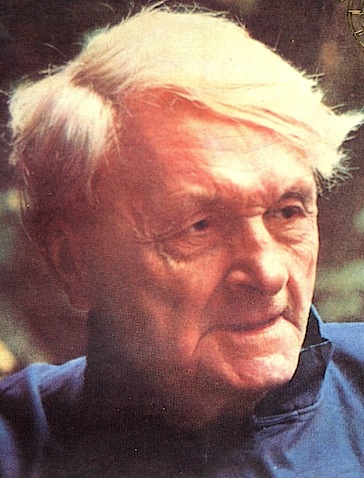
“The harmonious cooperation of all beings arose, not from the orders of a superior authority external to themselves, but from the fact that they were all parts in a hierarchy of wholes forming a cosmic pattern, and what they obeyed were the internal dictates of their own natures. Modern science and the philosophy of organism, with its integrative levels, have come back to this wisdom, fortified by new understanding of cosmic, biological, and social evolution.”
–Joseph Needham (English Biochemist, Embryologist, and Historian of Science who wrote and edited Science and Civilization in China, 1900-1995)
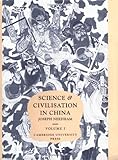
“Science and Civilisation in China. Volume 1: Introductory Orientations” (Joseph Needham)
The Highest Condition of Excellence
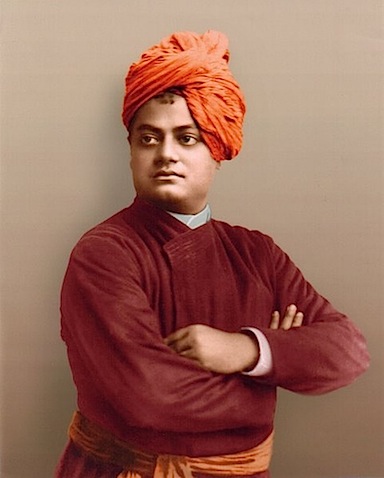
“The central secret is to know that the various human passions and feelings and emotions in the human heart are not wrong in themselves; only they have to be carefully controlled and given a higher and higher direction, until they attain the very highest condition of excellence.”
–Swami Vivekananda (Indian Hindu Mystic and Spiritual Teacher, 1863-1902)
Integrating The Masculine and The Feminine
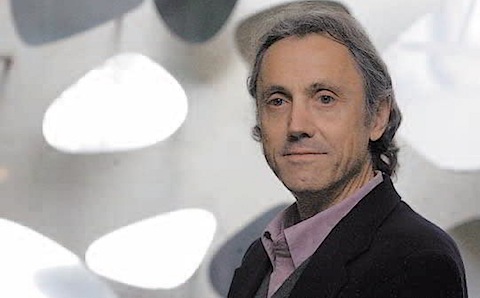
“The evolution of the Western mind has been founded on the repression of the feminine – on the repression of undifferentiated unitary consciousness, of the participation mystique with nature; a progressive denial on the anima mundi, of the soul of the world, of the community of being, of the all-pervading, of mystery and ambiguity, of imagination, instinct, body, nature, woman – all of which the masculine has projectively identified as “Other.””
–Richard Tarnas (American Philosopher, Cultural Historian and Professor of Philosophy and Psychology at the California Institute of Integral Studies, 1950-)
